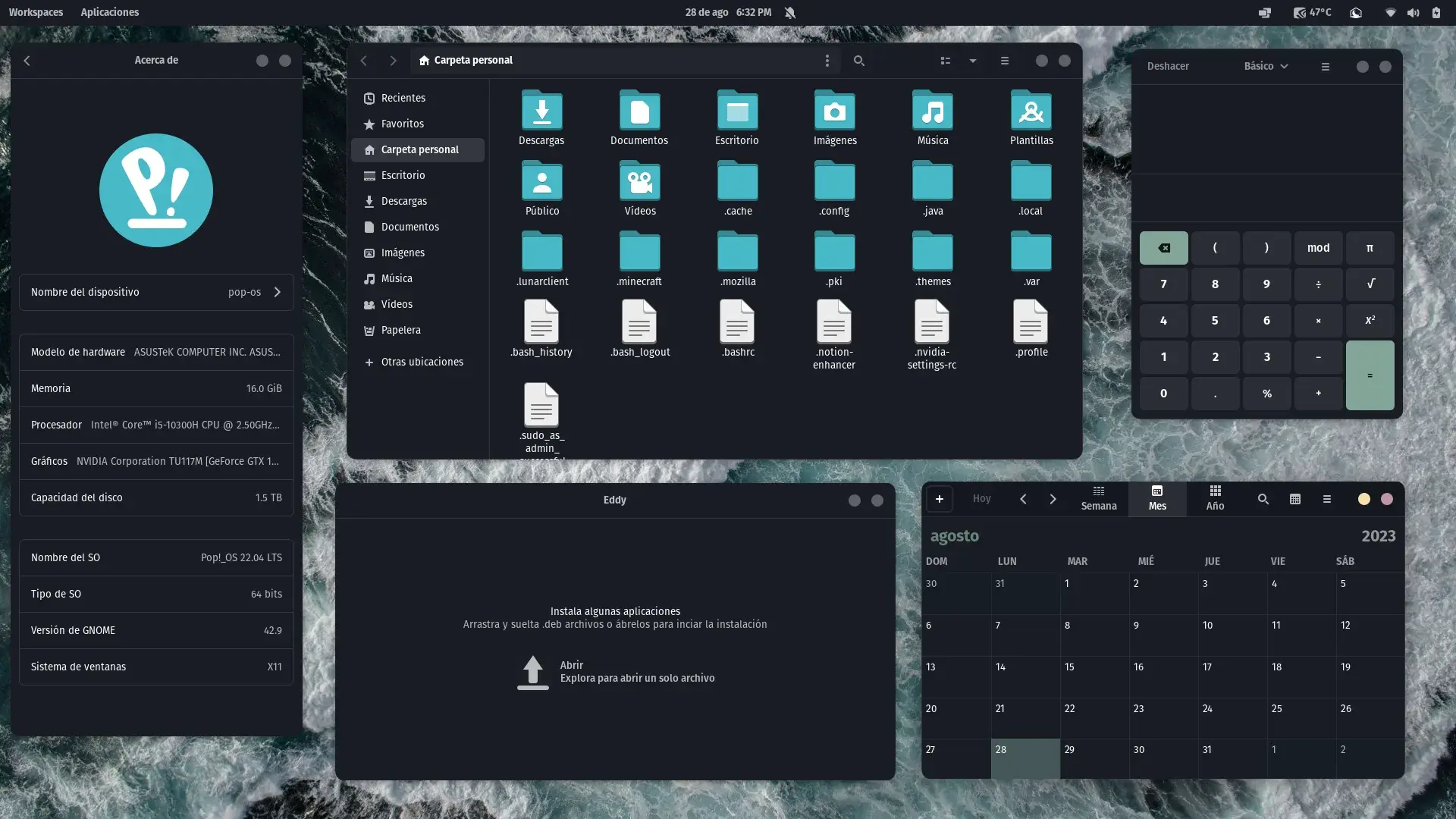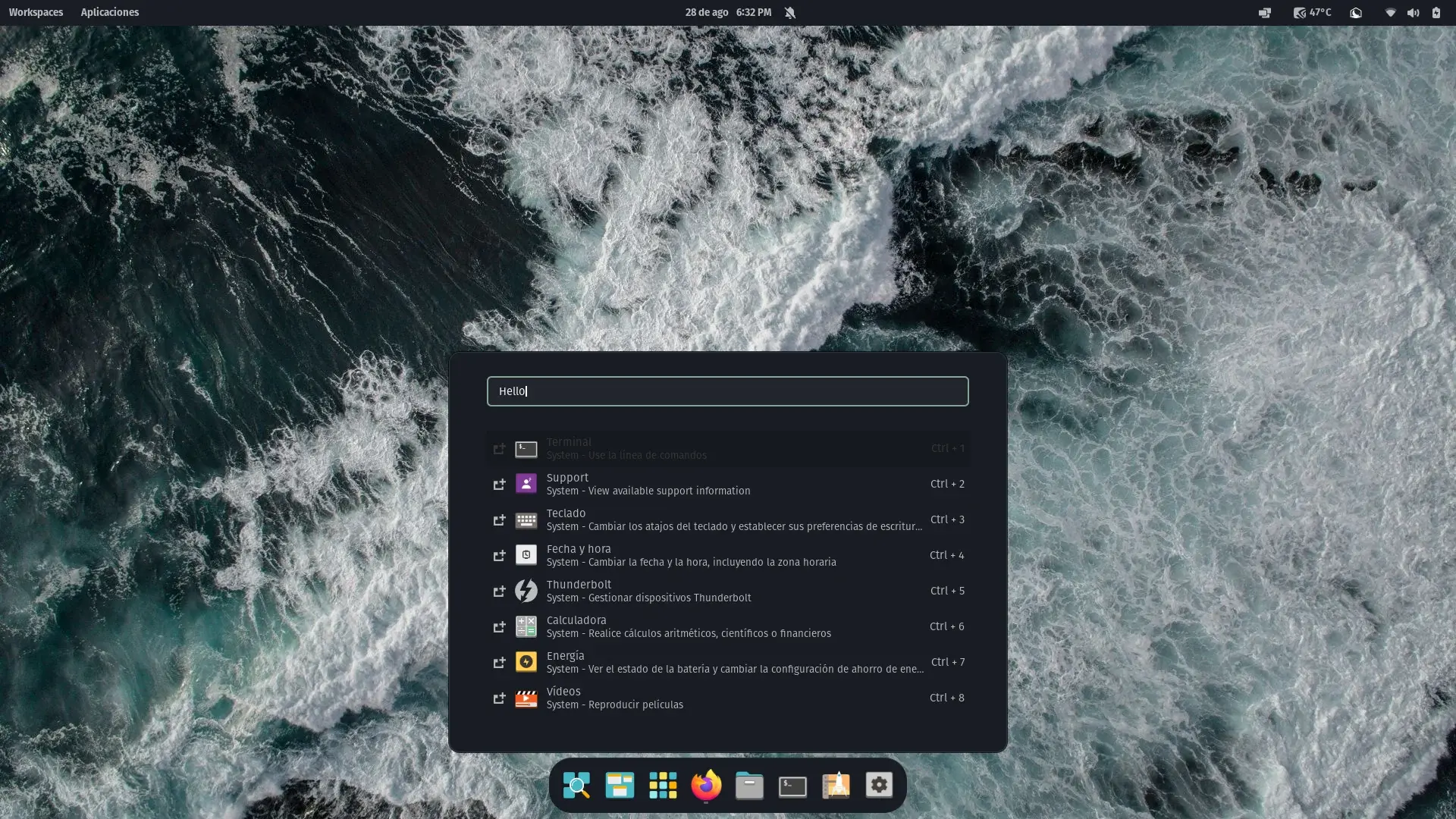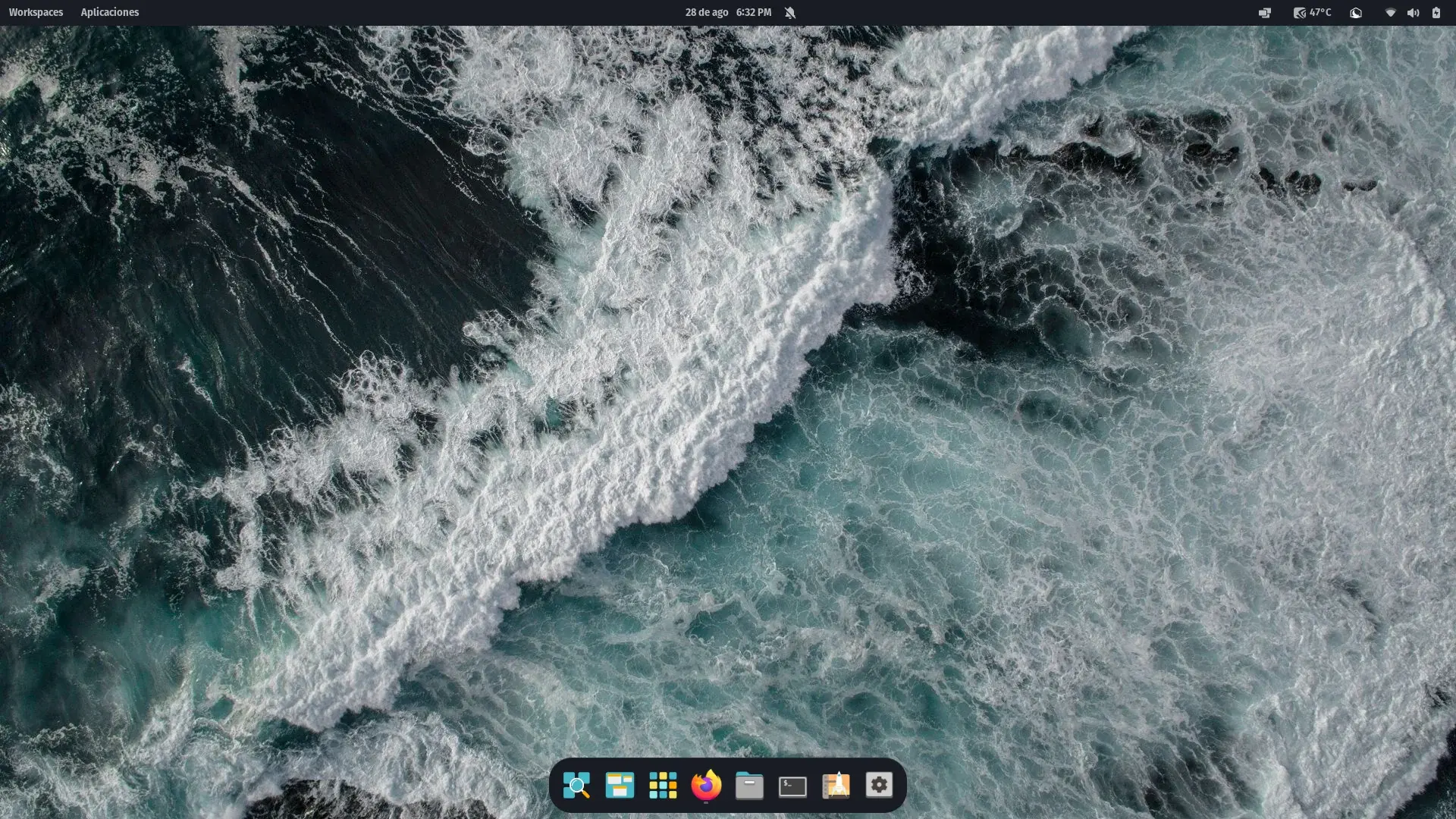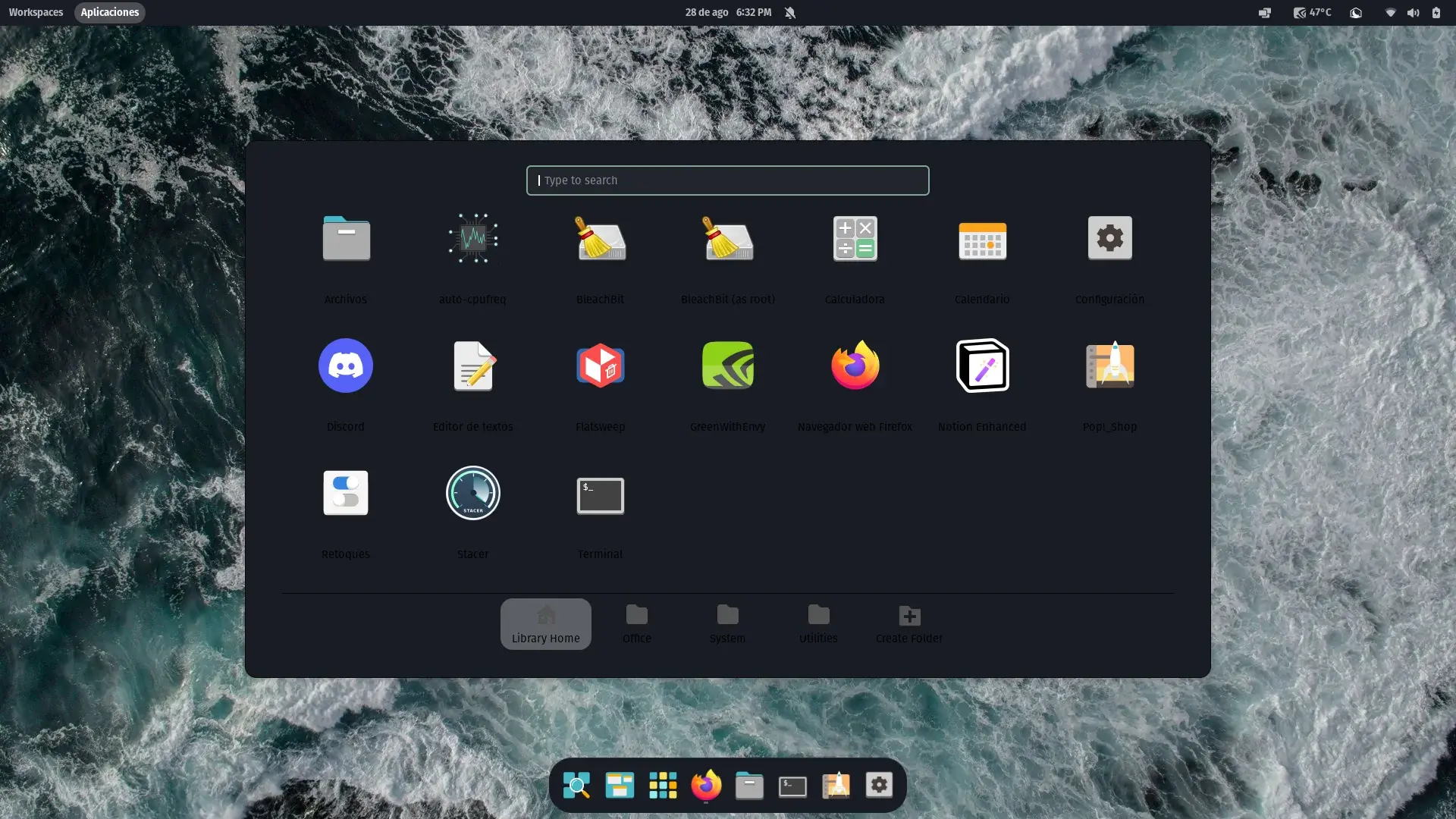It’s really hard to build relationships that last for a long time. If you haven’t discovered this, you will discover this sooner or later. And it's hard both for personal relationships and for business relationships. And to me, it's pretty amazing that two people can stay married for 25 years without killing each other.
But honestly, most professional relationships don't last anywhere near that long. The best bands always seem to break up after 2 or 3 years. And business partnerships fall apart, and there's all these problems in these relationships that just don't last. So, why is that? Well, in my view, it’s relationships don't fail because there some single catastrophic event to destroy them, although often there is a single catastrophic event around the the end of the relationship, but that’s typically a symptom rather than a cause. What typically happens is it accumulates in the little things that just build up over time, and I call those scar tissues. And the reason I use the phrase "scar tissues" is because scar tissue is when you have a wound that doesn't heal quite properly and you get this other tissue that just sort of fills the gap, which is called scar tissue, and that tissue is not as strong as the original tissue that was there. So, scar tissue is weak. So, what happens in relationships is that sooner or later, there's a conflict. It happens in all relationships and not all of them get resolved perfectly. So, now somebody's left feeling just a little bit unhappy about the result, mostly okay but just a little bit unhappy. But then it happens again... and it happens again in a different situation and no one of these is enough to kill the relationship, but over time that annoyance just builds up more and more and more and more, and then people start seeing patterns in behavior. You know if you ever hear the phrase "You always X": scar tissue.
So people start becoming sensitive and then they expect the bad behavior and there's nothing more guaranteed to create bad behavior than expectation. You will find it if you see it. And so eventually it just gets worse and worse and worse and worse, and then somebody decides they just don't care anymore and typically that's the point where something spectacular happens and the relationship collapses. And people often think it was the spectacular thing that wrecked the relationship, but really it was all those little bits of scar tissue building up over months or years. And my opinion is that in most of these situations the people aren't fundamentally bad, though they often appear bad, typically at the spectacular end phase of the relationship. It's just that the relationship wore off. Just wore off: too much scar tissue.
So, I'll give you an example of a relationship of mine that wore off. So, we had our house remodeled a couple years ago. Major remodeling of our kitchen and family room, and the foreman for the contractor, Jim, was in our house for every day for about 4 months during the work on the job. And it started off and things were fine, but then there were just little things that started happening. Like he wouldn't seal up the plastic around the kitchen, and so, dust would get in to the rest of the house. And most of the work he did was really great, but if he ever made a mistake he wouldn't want to admit it; he would kinda make excuses to try to avoid fixing his mistake, and this just got more and more annoying for me. And I'm sure I did my share in return because I'm sort of a perfectionist, and I probably noticed every little thing he did that wasn't absolutely perfect, and it probably drove him crazy that every morning when he came in, I was there standing in the kitchen ready to tell him about all the mistakes he made yesterday [Laughter], and so it just got worse and worse and worse to the point where we were barely on speaking terms at the end of the project, and one day our daughter came in, and she was like, “Dad I think your relationship with Jim is wearing out,” [Laughter] which was when I realized I shouldn't be telling her my theories about relationships.
Now, I could have sat down with Jim to try to work it out, but I decided since it was only a 4 month contracting job, I'll just put up with it, and you know, it'll be done in a while. He would have been pretty worried if we sat down and I was like, “Jim, can we talk [Laughter] about my feelings? I mean you left the plastic open and dust got into the house, and sometimes I feel like you don't respect me as a person.”
Now maybe if I tried that he would instantly change his behavior just to make sure we never, ever had to have a conversation again. [Laughter] So, the solution is if you want a relationship to last a long time, somehow you have to keep the scar tissue from building up. And that's really hard. So, when there's an issue, you somehow have to resolve it where there is zero lingering animosity. Nobody is even a little bit upset. Because even a little upset, that scar tissue that accumulates, that never goes away. And that's really hard to do; I don't have any perfect answers for that; it's communication and compromise. Both people need to be willing to listen to understand the other person's view and then you have to find some compromise where everybody agrees that's a fair trade off so nobody’s upset. So, that's really hard, and if either person can't listen or can't compromise, the odds are not good long term for that relationship. But there are classic mistakes people make. Like, some people are just too nice, and they wreck the relationships. They think, “Oh, it's not a big deal, it's just one little thing, not worth having a big argument about it. I'll just give in.” Well, that seems generous, but it's a really bad idea. You have to ask yourself, "Are you really, completely, 100% over this? You're giving in? No animosity? You're not secretly hoping that maybe they'll do something for you in return or a little behavior change here or there?"
Because if there's anything at all when you're giving in that you can feel bad about later, you're nuking the relationship - you're creating scar tissue with yourself, and that will build up to the point where you wreck the relationship. And the flipside is also bad. You may think, “I'm such a good arguer, I can just argue this person to death, and whatever they want I can just outargue them: I'll yell louder with more words, and I'll get my way. Whew! That was a great, great resolution, I got my way.” Well, you're nuking the relationship, sorry. So, somehow both people have to be completely satisfied with the outcome. So, the irony of this is, I think it's not the big things that nuke relationships it's all those little things. Even if there's a big thing, the relationship was going to die really soon anyway. So, just think about your relationship experience and the people around you. How many of you have either had a relationship that wore out like this or you've seen somebody around you and you could see their relationship wearing out?
[90% of a 300+ class raises their hands]
Yeah, it happens to everybody and we've all been there. And the trick is, again, you just have to avoid the creation of scar tissue. Not easy, but it's the only solution. Okay, that's my thought for the weekend




I see. Yeah, I agree with you there.